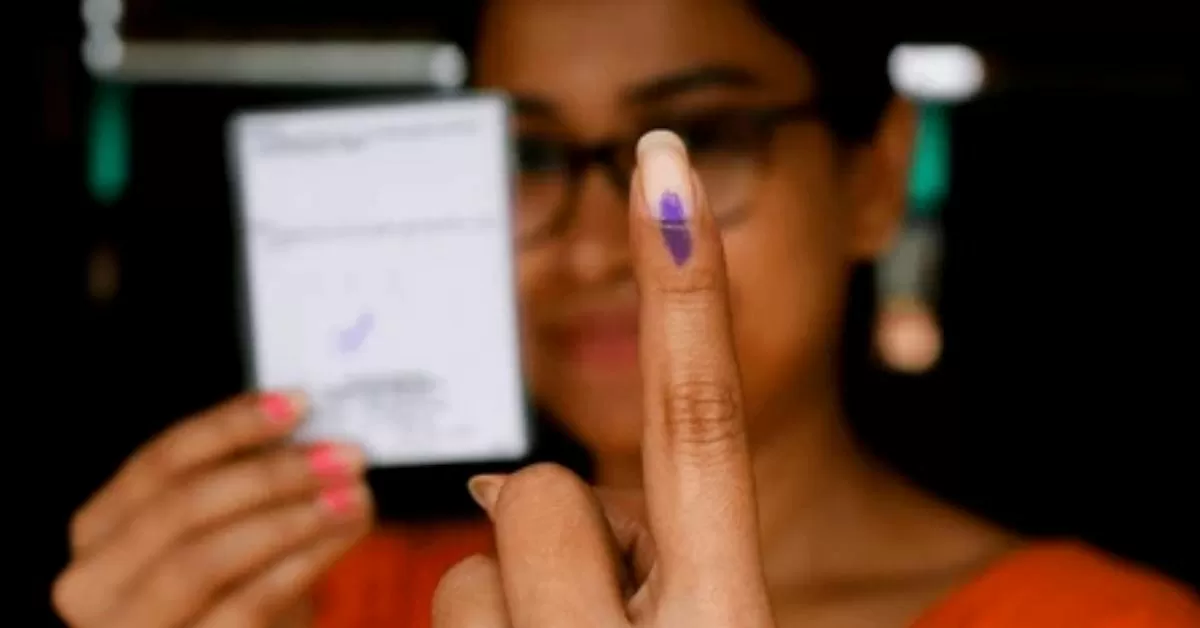The political landscape of Delhi is on the verge of a major change as the Election Commission of India (ECI) has officially announced the schedule for the 2025 Delhi Legislative Assembly elections. This announcement marks the beginning of an important electoral process that will play a crucial role in shaping the governance of Delhi, the National Capital Territory, for the next five years. These elections will decide who holds power and determines policies on critical issues such as education, healthcare, infrastructure, and law enforcement in one of India’s most dynamic regions. The outcome will have a lasting impact on the daily lives of Delhi’s residents, as well as the future direction of the city’s growth and development.
Delhi Election 2025 Date, Schedule and Timings
The Election Commission of India (ECI) has officially announced that the Delhi Assembly elections will take place on February 5, 2025. This is the day when voters across Delhi will cast their votes to choose the leaders who will represent them for the next five years. Once the voting is complete, the counting of votes is scheduled for February 8, 2025.
#DelhiDecides
— Election Commission of India (@ECISVEEP) January 7, 2025
Schedule for Single Phase #DelhiElections2025 & Bye-Elections.
🗓️Date of Poll : 05-02-2025
🗓️Date of Counting : 08-02-2025#ECI
Political Landscape
With 70 seats in the Delhi Assembly, the political scene is shaped by several key parties, each with its own approach and influence:
- Aam Aadmi Party (AAP): Holding the majority in the Assembly, AAP has played a significant role in rolling out welfare initiatives and governance reforms. Under the leadership of Chief Minister Arvind Kejriwal, the party has worked hard to stay connected with the public and maintain their support.
- Bharatiya Janata Party (BJP): As the main opposition party, BJP focuses on important issues like national security, economic growth, and better governance. The party’s strategies and choice of candidates are closely followed by both political experts and voters.
- Indian National Congress (INC): Once a dominant force in Delhi’s politics, Congress is working to reclaim its position by addressing local concerns and offering an alternative to the current ruling party.
Delhi Voter Engagement and Participation
As the Delhi elections approach, the interest in the democratic process continues to grow. The total number of voters in Delhi now stands at 1,55,24,858, with a fairly balanced representation. Of these, 83,49,645 are men, 71,73,952 are women, and 1,261 are third-gender voters. This diverse voter base reflects the increasing engagement of Delhi’s residents in shaping the city's future. Citizens are eager to make their voices heard and play an active role in the decisions that will impact their lives over the next few years. The enthusiasm for participation in the elections highlights the importance of democracy and the desire for responsible leadership in the city.
Moreover, any eligible citizen that has not yet registered for voting in Delhi elections can register till 10 days before the last date of nomination.
How Many Assembly Constituencies are in Delhi?
Delhi is divided into 70 Assembly constituencies, each representing a unique part of the National Capital Territory. Of these, 58 seats are designated as General constituencies, open to candidates from all backgrounds. The remaining 12 seats are reserved for Scheduled Caste (SC) candidates, ensuring representation for historically marginalized communities.
The current Delhi Legislative Assembly’s term is set to conclude on February 23, 2025. As this date approaches, the focus is shifting to the upcoming elections, which will determine the next government for the next five years. These elections are pivotal for shaping policies and governance in a city as vibrant and diverse as Delhi.
In conclusion, the outcome of the 2025 Delhi Assembly elections will have far-reaching implications for the city's governance, policy direction, and socio-economic development. Voters will be tasked with choosing representatives who will address critical issues such as healthcare, education, infrastructure, and public safety.
